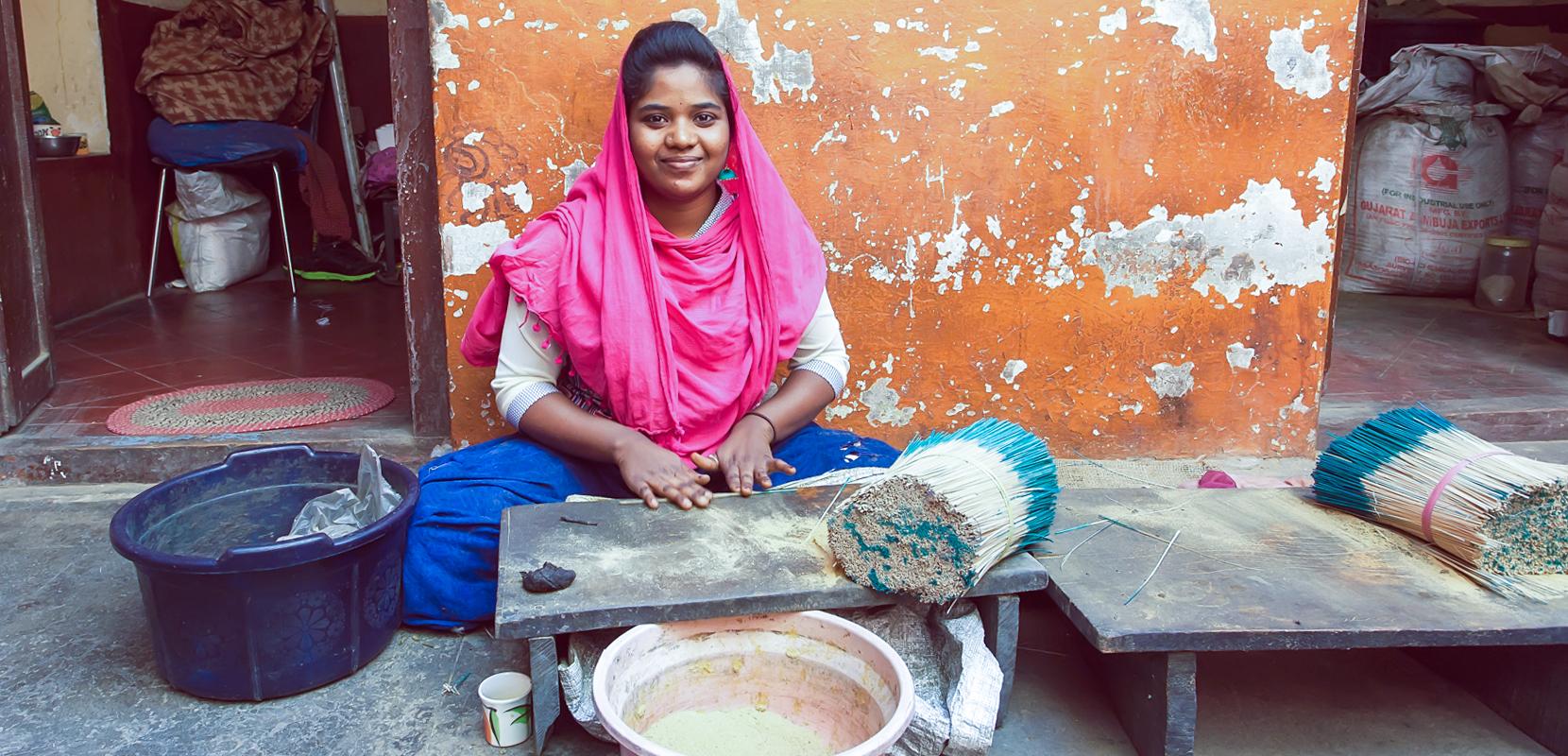Businesses led by women in India foster entrepreneurship

Businesses led by women in India foster entrepreneurship
In India, entrepreneurship has taken on a movement-like status, with important players, including businesses, talent, investors, the government, and international organizations, all taking a keen interest in the success of Indian startups. This trend is supported by an increase in micro VCs, increased financing from existing funds, FDI inflows, and a significant shift in the emphasis of businesses toward innovation.
Although the entrepreneurial movement is gender-neutral, women founders in India nonetheless have unique challenges as they establish, launch, and scale their businesses. These obstacles not only include societal ones but also discourage women from selecting entrepreneurship as a job, which explains why only around 5% of women choose it as a career route at the moment. Women entrepreneurs are far less able to access important networks and communities than their male colleagues, which is a significant disadvantage.
Having said that, despite the fact that female founders and investors have historically been underrepresented in the Indian startup ecosystem—roughly 14% under the widest criteria, including SMBs, for instance—their companies have demonstrated a 35% higher return on investment. Additionally, they have employed 2.5 times as many women for executive roles. In order to foster the expansion of women-led enterprises in India, it is crucial to create an atmosphere that is supportive of women entrepreneurs and their many potentials.
Women entrepreneurs’ contribution to the Indian economy

Compared to a few decades ago, women entrepreneurs are now starting to receive a lot more relevance and attention. According to a report, merely levelling the playing field for women entrepreneurs could add $1 trillion to the Indian ecosystem and economy. This corresponds to a rise in the value of more than $20 trillion on a worldwide scale. In reality, 50% of our economy will be exploited by women-led and -focused firms as a talent pool and a consumer market. This will significantly affect our GDP and economic development. Furthermore, increasing women’s equality may, according to a McKinsey quotation, add about $12 trillion to the global GDP by 2025 if all ecological and economic players cooperate.
Increase in women-owned businesses in India
In the coming years, there will likely be considerable changes to the startup environment as a whole. This trend will only continue when there are more women in positions of leadership, more female-led and focused businesses, inclusive workplace environments, more women on boards, and technology acting as a fundamental and essential facilitator of the service and product. The expansion of the startup ecosystem historically has mostly come from five major metro areas. The largest market in India, the Tier 2+ cities, may now be reached as well, thanks to rising internet and smartphone penetration as well as the emergence of vernacular technology by giving women-led/focused enterprises in India a long-term, extensive basis.
Effects of women-owned enterprises overall

More women-led businesses result in the following:
1) More entrepreneurs joining the ecosystem,
2) Leveraging the current innovation “whitespaces” that are primarily visible to women, and
3) The emergence of more women in leadership and investor roles will increase the number of jobs available to women.
Women-led entrepreneurship is still in its first phase in the ecosystem, and it can be anticipated that it will take one entrepreneurship cycle to truly transform the sector from the ground up (first-time founders exiting their businesses and becoming investors in the next gen of first-time founders).
Flexibility in the design of environments that are favourable to women
For businesses, it might be challenging to prioritize D&I policy, create truly inclusive workplaces, or deal with the fallout from pandemics. If these are not prioritized sooner, there is frequently a danger of losing female leaders and employees who have extraordinary potential and come from many facets of society. The key to economic growth and the post-pandemic recovery is to support female entrepreneurs and workers.
In order to participate and achieve both personally and professionally, women must have access to communities, inner circles, and the correct advisors. Flexible spaces have been consciously putting equal emphasis on catering to women entrepreneurs, freelancers, and others in order to meet these demands.
Prospects for a female-led economy

Due to the growth of the female economy, it is critical for businesses to provide a strong foundation for high-potential women-led or -focused startups in India by providing them with a combination of funding, mentorship, acceleration, and market and consumer access.
Arise’s main focus is on accelerating this shift with the long-term objective of developing a genderless innovation ecosystem. The initiative plans to work with 5,000 startups and coach 1,000 business owners. In addition, throughout the course of the following five years, it plans to invest in over 100 businesses. With this, it’s anticipated that over a million Indian women would be empowered and involved, leading to a fivefold increase in financing for female entrepreneurs.
It is anticipated that the salary gap will narrow, and Arise is hoping to inject $1.5 billion into the Indian economy headed by women. By adding over 30 million more women-owned businesses, which will create roughly 150–170 million jobs by 2030, Indian women are expected to shape and improve the future of the nation as they continue to dominate the workforce with their enormous potential and lead the start-up ecosystem with 15.7 million women-owned enterprises. This may completely alter how women entrepreneurs are supported in India.
Edited by Prakriti Arora




